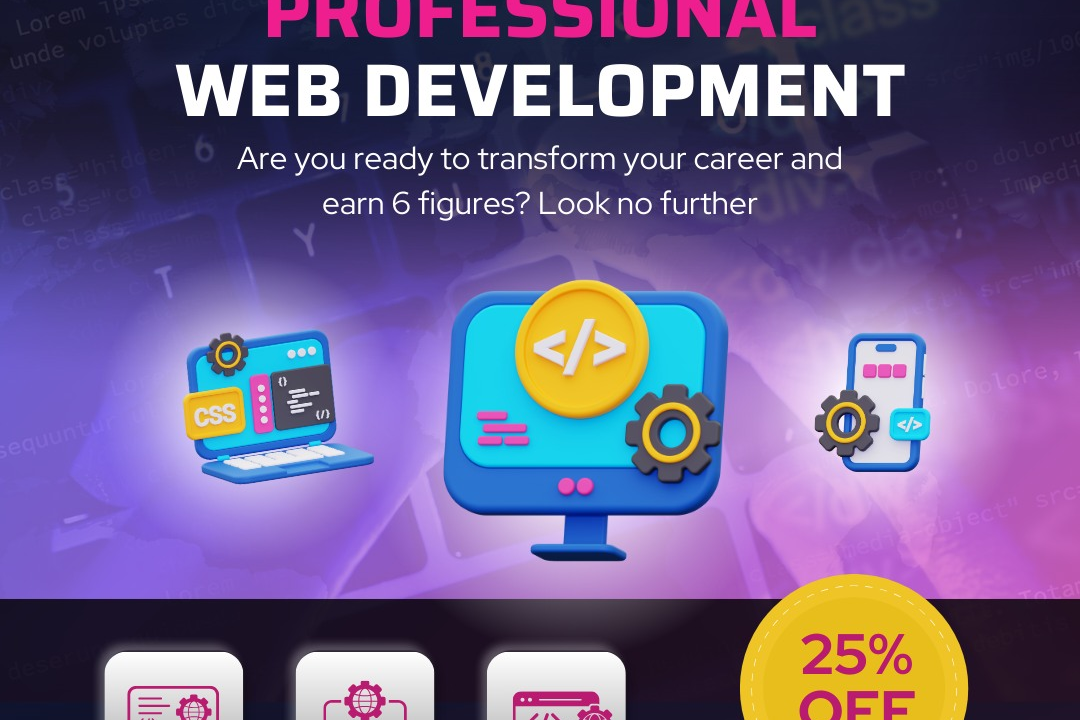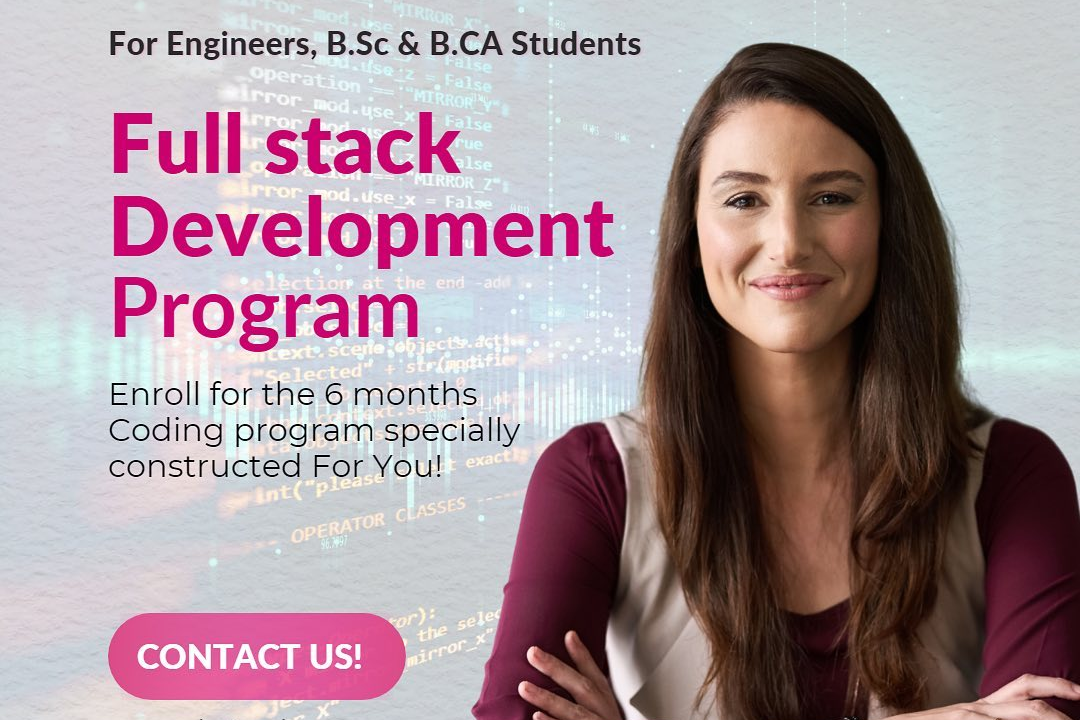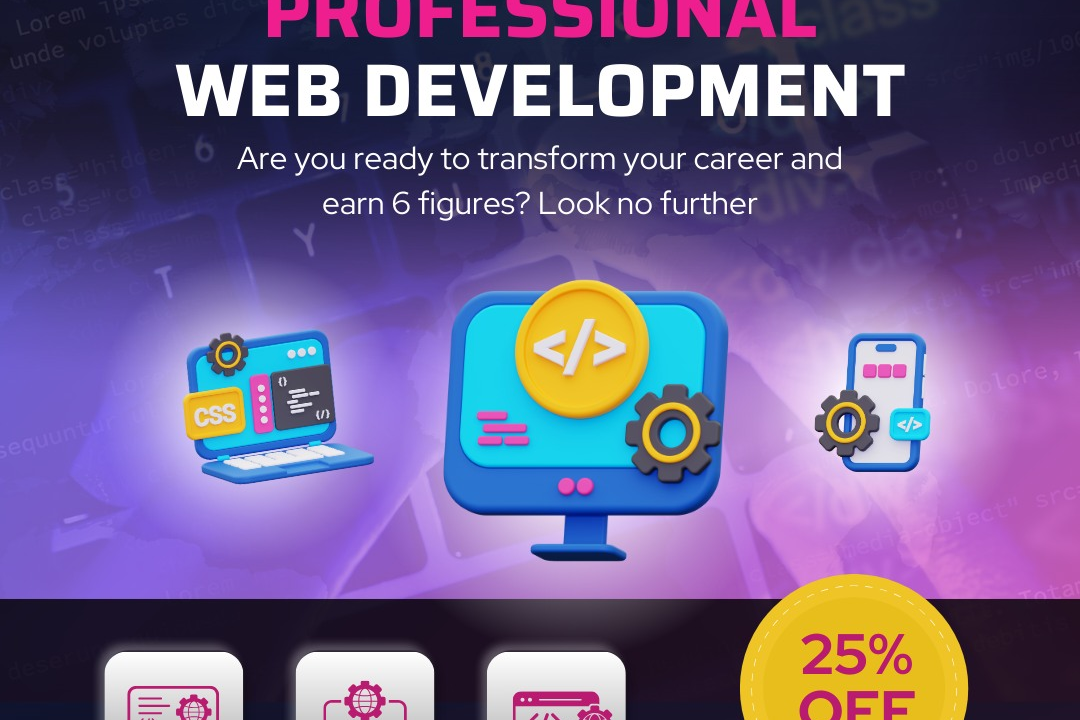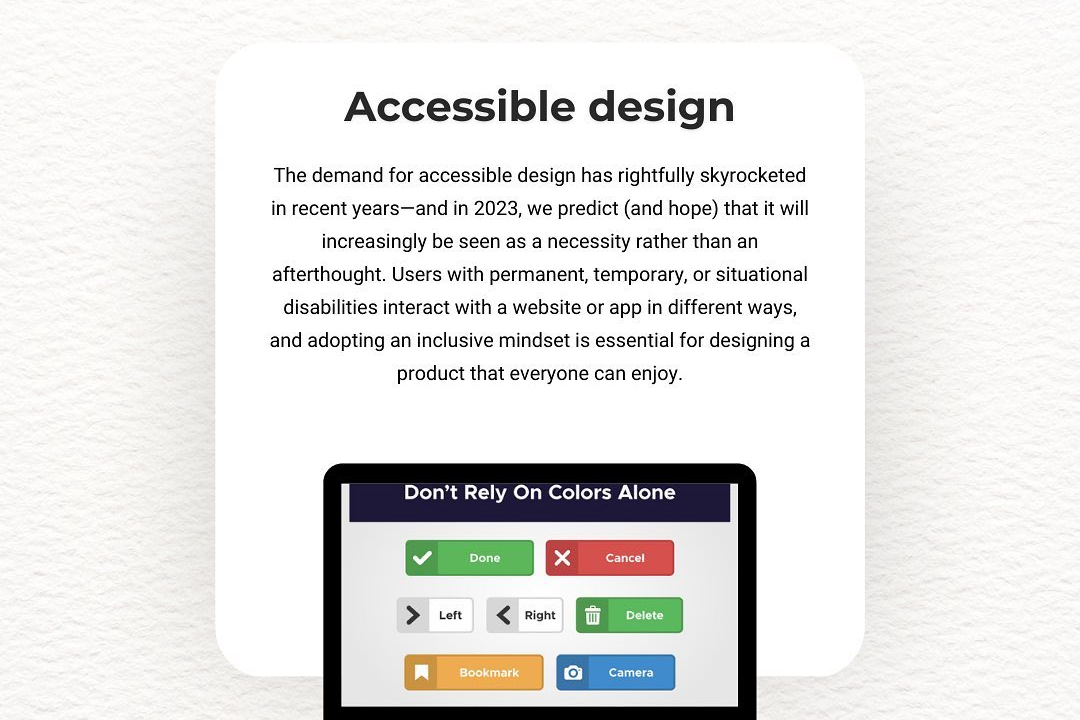Eclipse Php Programming
Eclipse PHP is an integrated development environment (IDE) tailored for PHP development, offering a
Eclipse Php Programming
Eclipse PHP Programming is a powerful tool for developers specializing in PHP, offering a robust integrated development environment (IDE) that enhances productivity and streamlines the coding process. Its key features, such as intelligent code completion, syntax highlighting, and real-time error detection, help minimize coding errors and accelerate development time. Eclipse supports extensive plugin integration, allowing developers to customize their workspace and incorporate various frameworks seamlessly. With its project management capabilities and collaborative tools, Eclipse PHP empowers developers to build complex applications efficiently, making it an essential resource for both beginners and seasoned professionals in the PHP programming landscape.
To Download Our Brochure: https://www.justacademy.co/download-brochure-for-free
Message us for more information: +91 9987184296
Eclipse PHP Programming is a powerful tool for developers specializing in PHP, offering a robust integrated development environment (IDE) that enhances productivity and streamlines the coding process. Its key features, such as intelligent code completion, syntax highlighting, and real time error detection, help minimize coding errors and accelerate development time. Eclipse supports extensive plugin integration, allowing developers to customize their workspace and incorporate various frameworks seamlessly. With its project management capabilities and collaborative tools, Eclipse PHP empowers developers to build complex applications efficiently, making it an essential resource for both beginners and seasoned professionals in the PHP programming landscape.
Course Overview
The “Eclipse PHP Programming” course at JustAcademy provides a comprehensive introduction to developing PHP applications using the Eclipse IDE. Participants will learn to navigate the Eclipse environment, utilize essential tools and plugins, and implement best practices in PHP coding. The course covers fundamental concepts, including syntax, data structures, and error handling, while allowing students to engage in hands-on projects that reinforce their skills. By the end of the course, learners will have a solid foundation in PHP programming, empowering them to develop dynamic web applications and enhance their developer toolkit effectively.
Course Description
The “Eclipse PHP Programming” course at JustAcademy offers a thorough introduction to PHP development using the Eclipse Integrated Development Environment (IDE). Participants will explore the key features of Eclipse, learn essential PHP concepts, and gain practical experience through real-time projects. The curriculum covers important topics such as PHP syntax, functions, data handling, and debugging techniques, ensuring that students acquire both theoretical knowledge and hands-on skills. By the end of this course, learners will be well-equipped to build dynamic web applications, fostering a strong foundation in PHP programming and enhancing their professional capabilities in the tech industry.
Key Features
1 - Comprehensive Tool Coverage: Provides hands-on training with a range of industry-standard testing tools, including Selenium, JIRA, LoadRunner, and TestRail.
2) Practical Exercises: Features real-world exercises and case studies to apply tools in various testing scenarios.
3) Interactive Learning: Includes interactive sessions with industry experts for personalized feedback and guidance.
4) Detailed Tutorials: Offers extensive tutorials and documentation on tool functionalities and best practices.
5) Advanced Techniques: Covers both fundamental and advanced techniques for using testing tools effectively.
6) Data Visualization: Integrates tools for visualizing test metrics and results, enhancing data interpretation and decision-making.
7) Tool Integration: Teaches how to integrate testing tools into the software development lifecycle for streamlined workflows.
8) Project-Based Learning: Focuses on project-based learning to build practical skills and create a portfolio of completed tasks.
9) Career Support: Provides resources and support for applying learned skills to real-world job scenarios, including resume building and interview preparation.
10) Up-to-Date Content: Ensures that course materials reflect the latest industry standards and tool updates.
Benefits of taking our course
Functional Tools
1 - Eclipse IDE
The Eclipse Integrated Development Environment (IDE) is the primary tool used in the Eclipse PHP Programming course. It provides a user friendly interface for writing, debugging, and managing PHP code. With features such as syntax highlighting, code completion, and error detection, Eclipse ensures that students can streamline their coding process. Furthermore, the Eclipse Marketplace allows learners to enhance their development environment with various plugins that support PHP development, such as PHPUnit for testing and PHPCS for coding standards. Students gain hands on experience navigating and utilizing these features, preparing them for real world development tasks.
2) XAMPP
XAMPP is an essential tool for creating a local server environment to run PHP applications. This cross platform package includes Apache, MariaDB, PHP, and Perl, making it easy for students to set up a functional environment on their machines. The course teaches students how to install and configure XAMPP, allowing them to easily host their PHP applications locally. By working with XAMPP, students gain practical knowledge of web server management, database integration with MySQL, and the development lifecycle of PHP applications.
3) PHPMyAdmin
PHPMyAdmin is a widely used web based tool that helps students manage their MySQL databases through a graphical interface. In the Eclipse PHP Programming course, learners are taught how to create, modify, and delete databases and tables using PHPMyAdmin. This tool simplifies database management operations such as running SQL queries and performing backups, helping students understand essential database concepts. By integrating PHPMyAdmin into their projects, students enhance their understanding of how PHP interacts with databases, which is crucial for developing dynamic web applications.
4) Git and GitHub
Collaboration and version control are essential in modern software development. The course introduces students to Git, a version control system that tracks changes in their code. GitHub, a platform for hosting Git repositories, is used for project collaboration. Students learn how to create repositories, manage branches, and conduct code reviews, which are vital skills for working in teams. By using Git and GitHub, learners gain experience in maintaining code history, collaborating with peers on projects, and showcasing their work to potential employers through public repositories.
5) Composer
Composer is a dependency management tool for PHP that helps students handle libraries and packages required for their projects. The course covers how to use Composer to install, update, and manage third party packages easily. Understanding how to utilize Composer empowers students to streamline their workflow by eliminating manual handling of dependencies and ensuring that they are always using the correct versions. This knowledge helps them keep their projects organized and maintainable, which is vital for professional PHP development practice.
6) Debugging Tools
Debugging is a critical part of the programming process, and the course introduces various debugging tools, such as Xdebug. Xdebug is a PHP extension that assists students with advanced debugging techniques, such as step debugging, stack traces, and profiling. This tool helps learners identify issues in their code effectively, providing detailed insights into runtime performance and error handling. By understanding how to utilize debugging tools, students become proficient in resolving errors and improving the overall quality of their applications.
7) PHP Testing Frameworks
Understanding the importance of testing in software development is vital. The course introduces students to PHP testing frameworks such as PHPUnit. Students learn how to write unit tests to verify their code's functionality in isolation. By practicing test driven development (TDD), they can ensure that their code meets specifications and remains bug free. Familiarity with testing frameworks also prepares students for best practices in code quality assurance, which is essential in any professional environment.
8) MVC Frameworks
Model View Controller (MVC) frameworks, such as Laravel and CodeIgniter, are introduced in the course. These frameworks help students understand how to structure their PHP applications in a modular way, separating business logic from presentation. By learning to work with MVC architecture, students can build scalable and maintainable applications that align with industry standards. The hands on experience with MVC frameworks prepares learners for real world projects where such structures are commonly adopted.
9) RESTful APIs
Students learn the fundamentals of building and consuming RESTful APIs using PHP. The course covers key concepts related to web services, including HTTP methods, response codes, and data formats such as JSON. By creating their own APIs, learners gain valuable experience in implementing application programming interfaces that facilitate communication between systems. This skill set is in high demand as businesses continue to adopt API driven architectures.
10) Front End Technologies Integration
To develop complete web applications, understanding front end technologies is crucial. The course introduces students to integrating PHP with HTML, CSS, and JavaScript. Learners gain skills in creating engaging user interfaces and making their applications interactive. By collaborating with front end technologies, students develop full stack capabilities, positioning them as versatile developers capable of addressing both server side and client side challenges.
11 - Security Best Practices
The course emphasizes the importance of security in web development. Students learn common vulnerabilities, such as SQL injection and cross site scripting (XSS), and how to mitigate these risks. Practical exercises guide them through implementing best practices, such as input validation, prepared statements, and secure password storage. Knowledge of security best practices prepares students to develop robust applications that protect user data and comply with industry regulations.
12) Performance Optimization Techniques
Performance is a key aspect of web applications, and the course covers techniques for optimizing PHP code and its execution. Students learn about caching strategies, database indexing, and code profiling to identify bottlenecks. By applying performance optimization techniques, learners enhance their applications' responsiveness and scalability, ensuring that they can handle increased user loads effectively.
13) Deployment Strategies
Understanding how to deploy PHP applications is essential for moving projects from development to production. The course covers deployment strategies, including FTP, SSH, and cloud based platforms like AWS and Heroku. Students gain hands on experience in deploying their projects, setting up environment configurations, and managing version control in production environments. This knowledge equips learners with the necessary skills to launch their applications successfully.
14) Real Time Collaboration Tools
In addition to technical skills, the course integrates tools for real time collaboration, such as Slack or Microsoft Teams. Students learn how to effectively communicate and collaborate with peers during group projects. These tools facilitate effective teamwork and project management, simulating real world development environments where communication is key to success.
15) Portfolio Development
As students progress through the course, they are encouraged to build a portfolio showcasing their projects and accomplishments. This portfolio serves as a crucial tool for attracting potential employers and demonstrating their capabilities as PHP developers. The course includes guidance on how to create a visually appealing portfolio, highlight relevant projects, and present their work confidently during job interviews.
By integrating these tools and techniques into the Eclipse PHP Programming course, JustAcademy provides learners with a comprehensive educational experience that prepares them for a successful career in PHP development.
Browse our course links : https://www.justacademy.co/all-courses
To Join our FREE DEMO Session:
This information is sourced from JustAcademy
Contact Info:
Roshan Chaturvedi
Message us on Whatsapp: +91 9987184296
Email id: info@justacademy.co
In How Many Days We Can Learn Manual Testing












